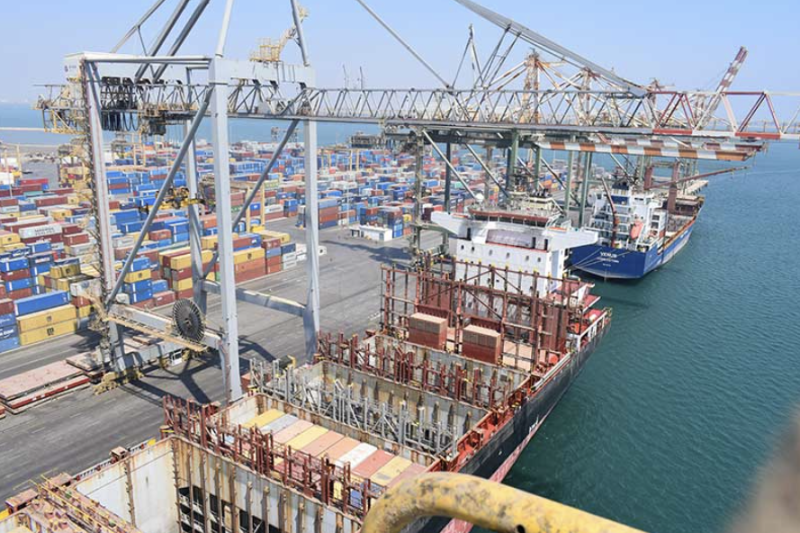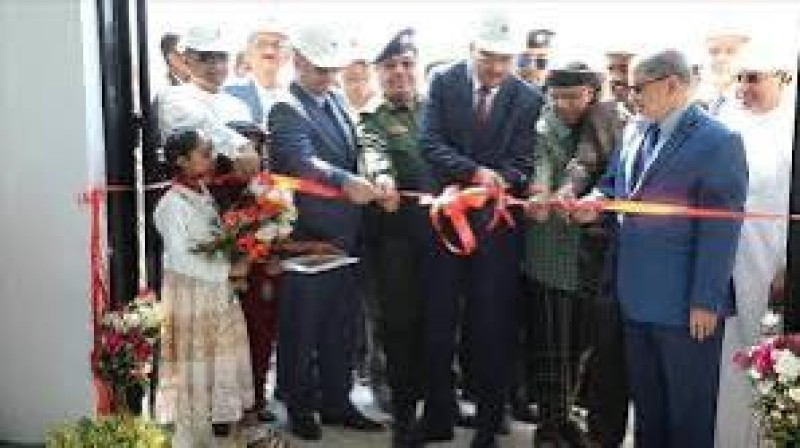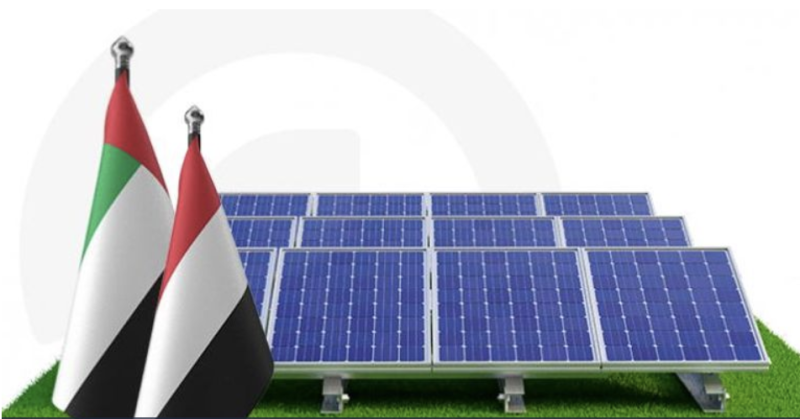The faces of Yemen’s sea ports


COVID-19 has made what was already the world’s worst humanitarian and development crisis in Yemen even more deadly. Time after time, Yemenis must overcome economic, social, and political hurdles just to survive.
Today, more than 16 million Yemenis do not know where their next meal will come from, but it’s not because food is not available. It is, but it’s very expensive.
Many Yemenis have been forced to flee their homes, and leave their jobs behind, and begin heavily relying on humanitarian and development aid. But, because of the high demand and lack of continued funding, even aid organizations are struggling to deliver.
The ports are responsible for 60 to 70 percent of all imports to Yemen. But with reduced capacity due to the on-going conflict and a lack of maintenance, what was once an economic engine is shattering.
Shipping companies are forced to pay high war insurance premiums and the ports can only handle a few ships at a time. This significantly slows the off-loading process and potentially compromises the quality of the supplies. With the extra work required to berth ships at damaged docks, the additional costs are transferred in their entirety to the Yemeni consumer.
Shipping companies are forced to pay high war insurance premiums and the ports can only handle a few ships at a time. This significantly slows the off-loading process and potentially compromises the quality of the supplies.
UNDP partnered with Yemen’s Port Authorities, and the Dutch government through The Netherlands Enterprise Agency, and the Port of Rotterdam to assess and improve the capacity of each port.
UNDP takes an insider look through the eyes of those working at Yemen’s ports and living nearby to understand how they work, and what they hope to achieve together.
Established in 1985, the Port of Mukalla was designed to serve the northern reaches of Yemen’s Hadroumat governorate. The main economic force in the area, it has largely avoided damage from the war, yet it’s suffering from a lack of infrastructure maintenance and limited resources.
The Port of Mukalla was designed to serve the northern reaches of Yemen’s Hadroumat governorate.
MURAD SHLSHL, HARBOUR MASTER AND PILOT
“I have been working at the Port of Mukalla since 1998. There has been a shift since 2015 that has affected the workflow. What was once handled in numerous Yemeni ports is now coming to Mukalla.
The poor equipment and lack of capacity does not meet the demands of the increasing workload. Still, we try our best to adopt and adapt, with great flexibility demonstrated by the crew.
The port’s previous infrastructure has been damaged and now we lack the very basics that should facilitate our work — from quays, trucks, and cranes to communications equipment.”
ABDULLAH ALHAMEDI, CARGO SUPERVISOR
“We have difficulty with the greater numbers of ships, the limited capacity of quays, and poor equipment. Although the crew works to the best of their ability, these issues result in delays that negatively affect the port’s functionality, but our hands are tied.
New and modern equipment will definitely enhance our performance. The pressure will be lifted, and more deliveries will be possible.”
Improved staff training coupled with regular maintenance and better machinery and infrastructure — is required to reduce the cost of delivering, processing, and distributing food in Yemen.
If high import costs can be reduced, prices will drop for consumers, and Yemenis will be able to purchase what they need to survive. This is only possible with the support of international donors and the cooperation of local authorities.
LYLA’A MUKALA RESIDENT
“Life here in Yemen has changed dramatically due to the war. We are in an economic siege and most of the people are suffering.
If services in the port are restored, the situation will improve, even if it is not working at the same capacity as before the war. There will be a positive impact on the overall situation and perhaps food will be cheaper.”
Aden is one of Yemen’s younger ports, but the city’s relative calm has created reliance on it. However without updating the original infrastructure and establishing a system of maintenance, the port faces worsening delays and risks to worker safety.
The container terminal is one of the largest and best in country but it had ageing and outdated equipment.
RA’AFAT RAMADHAN, MANAGER OF THE TECHNICAL DEPARTMENT
“The container terminal is an important economic wheel that feeds the city of Aden and its residents, but political and security escalations have affected operations. There have been many ups and downs.
My main dream is to see the port of Aden as prosperous and developed as any other port in the world.”
CAPTAIN WADHAH MOHAMMED, HARBOUR CAPTAIN ASSISTANT
The control tower in the Port of Aden is responsible for monitoring traffic and supervising all incoming and outgoing ships. It is critical infrastructure for the safety of people aboard the ships as they safely dock. The role of harbor captain is reliant upon the quality of equipment and functionality of radio systems to ensure efficient and safe entry and exit for ships in the harboyr.
“The port is functioning with an old communications system to manage the movement of the ships. We need a more advanced Vessel Traffic Service or VTS to facilitate operations inside the port and, most importantly, to ensure the safety of the ships.
We are in the first stages of establishing a VTS system with the support of UNDP. I hope that installation is completed successfully soon, for it will save us a lot of time monitoring the ships and help us cope up with increasing demands. New trucks and new boats should also replace the old ones.”
KHALED ALAN, TUG MASTER FROM THE PORT OF ADEN
“The port’s development is our development. The port is our source of income, and this is our country. We would love to see the port in a better state.”
Without intervention, the ports of Aden and Mukalla will continue to experience limited productivity. Their committed and passionate staff have the potential to welcome more ships, but they need new equipment and training.
After the assessment, UNDP will work with Yemen’s port authorities improve conditions for workers, increase the delivery of food, fuel, and medicine, and transfer the savings to Yemenis. This is essential to preventing the greatest famine of the 21st century.

Aden — Ports under the authority of Yemen’s internationally recognized government have received more than two million metric tons of fu…

Mukalla — Local authorities in Hadramout have announced the inauguration of Yemen’s first solar-powered cement station, a landmark proj…

AbuDhabi -- The United Arab Emirates has pledged $1 billion to bolster Yemen’s electricity sector, marking one of the largest development com…